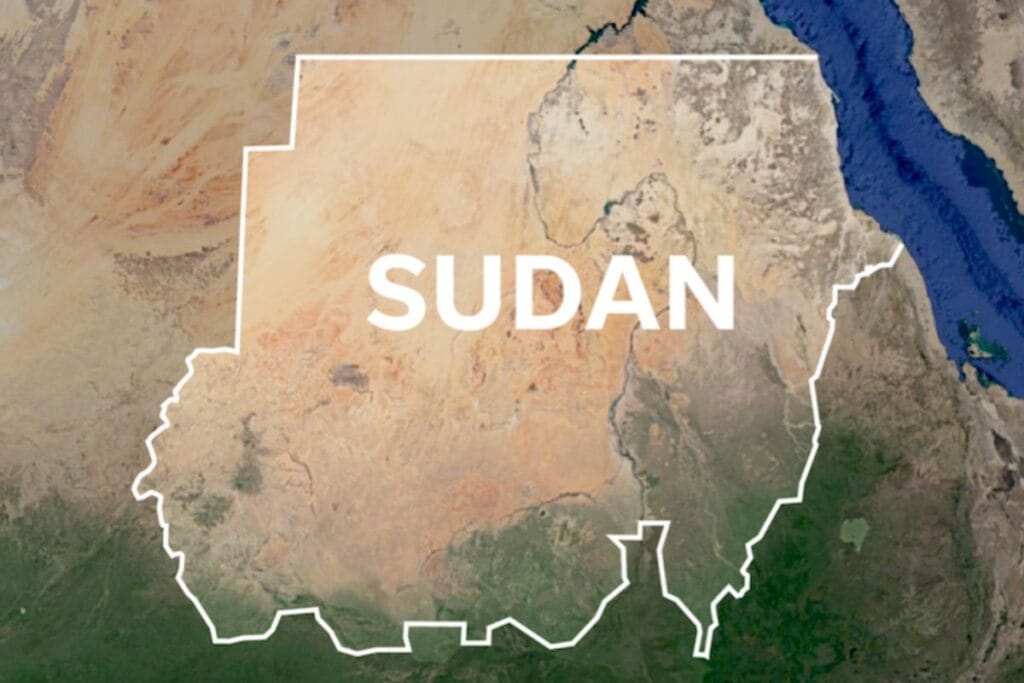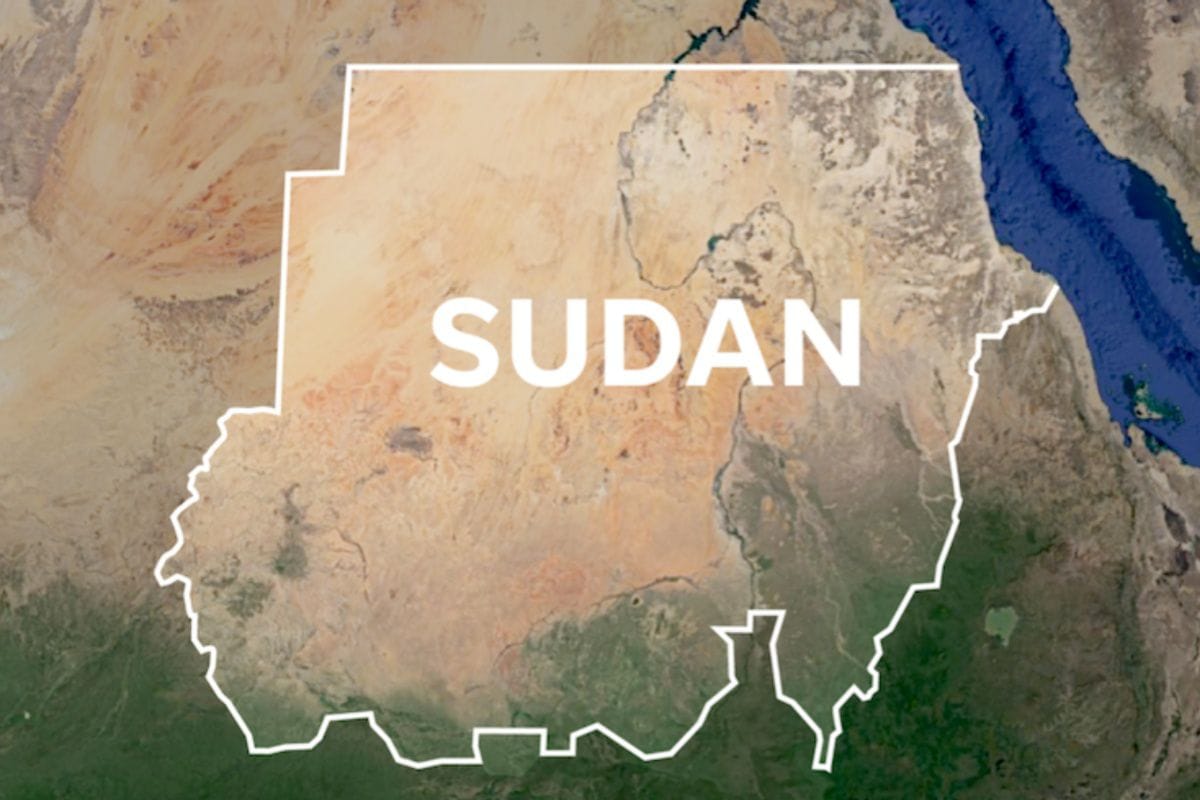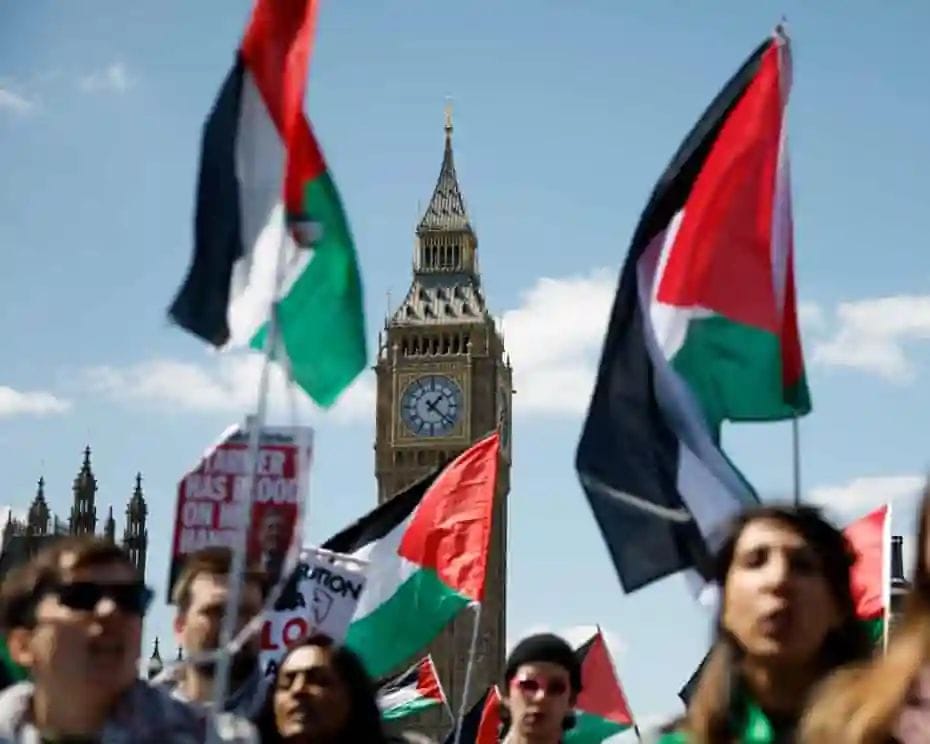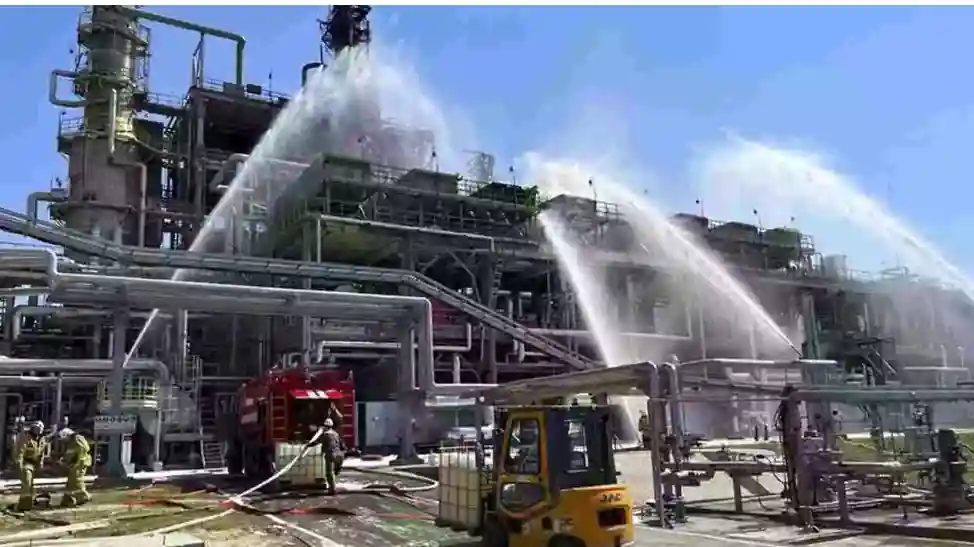Sudan peace talks gather momentum as the US, Egypt, UAE, and Saudi Arabia push for a truce, ceasefire, and civilian transition to end Sudan’s deadly conflict.
Global pressure to end Sudan’s brutal civil war is mounting as the foreign ministers of the United States, Egypt, Saudi Arabia, and the United Arab Emirates intensify their efforts for peace.
Meeting in Washington, the ministers emphasized that Sudan peace talks must be guided by principles of sovereignty, humanitarian access, and an inclusive transition that reflects the will of the Sudanese people.

A Humanitarian Emergency
Sudan’s war erupted in April 2023 when rival military leaders—General Abdel Fattah al-Burhan of the Sudanese Armed Forces (SAF) and Mohamed Hamdan Dagalo of the Rapid Support Forces (RSF)—turned their power struggle into open combat.
The toll has been staggering. According to the United Nations, more than 15,000 people have been killed, while over 10 million have been displaced, creating the world’s largest internal displacement crisis.
Aid agencies warn that 25 million people—half of Sudan’s population—need humanitarian assistance, with famine looming in several regions.
“Sudan is facing the worst humanitarian disaster on the planet right now,” said a senior UN relief official.
“Every day that passes without a truce costs more lives.”
Core Principles for Ending the War
The four ministers outlined five guiding principles that they say form the foundation for peace:
1. Preserving Sudan’s unity – Sudan’s sovereignty and territorial integrity are non-negotiable. Partition, they cautioned, would prolong instability.
2. Rejecting a military solution – The ministers stressed that neither the SAF nor the RSF can win through force. Continued fighting only fuels civilian suffering and threatens regional security.
3. Humanitarian access – All sides must allow rapid and unhindered aid deliveries. Both warring factions were reminded of their obligations under international humanitarian law and the Jeddah Declaration to halt indiscriminate shelling and airstrikes on civilian areas.
4. Civilian-led transition – Sudan’s future must be determined by its people, not by generals or militias. A transparent, inclusive transition process is essential to rebuild state institutions and restore legitimacy.
5. Ending foreign interference – The ministers condemned external military support to Sudanese factions, warning that it prolongs the conflict and destabilizes the wider region.
Push for a Truce and Transition
A key outcome of the talks was a joint call for an initial three-month humanitarian truce.
This pause would allow aid agencies to deliver food, water, and medical supplies to millions trapped in war zones.
The truce, the ministers said, must be the bridge to a permanent ceasefire. Once the guns fall silent, they proposed a nine-month transition roadmap, culminating in elections and the formation of a broad-based, civilian-led government.
For many Sudanese citizens, the hope is simple: survival first, then democracy.
“We just want the bombs to stop,” said a displaced woman in Port Sudan. “If there is peace, we can rebuild our homes, our schools, our lives.”
Extremism and Regional Stability
The communiqué also highlighted the risk of extremist groups exploiting the chaos.
The ministers warned that networks linked to the Muslim Brotherhood and other violent organizations are seeking to expand their influence inside Sudan, fueling violence and radicalization across the region.
Regional analysts agree. “A prolonged war in Sudan is not just a Sudanese problem,” said an Egyptian security expert.
“It threatens Red Sea trade, fuels migration flows, and gives extremists fertile ground.”
A Broader Effort
The ministers underscored that they are not acting alone. They pledged to work closely with African and Arab states, as well as with the United Nations and international partners.
They emphasized that Sudan peace talks must remain inclusive and credible, with a global coalition ensuring that commitments are upheld.
The involvement of the US, Egypt, Saudi Arabia, and the UAE is seen as significant.
Past mediation efforts often faltered due to competing interests among mediators, but alignment among these four influential states may give fresh momentum.
Looking Toward 2025
The ministers agreed to reconvene at the Quad ministerial meeting in September 2025 to assess progress.
Observers expect that meeting to focus on whether humanitarian access has improved, whether a ceasefire has been respected, and whether Sudan’s transition roadmap is advancing.
Despite cautious optimism, many remain skeptical. Both the SAF and RSF have repeatedly violated previous ceasefire agreements, and neither leader appears ready to cede power.
Yet the ministers argued that sustained international pressure, combined with regional cooperation, is Sudan’s best hope.
A Narrow Window for Peace
For Sudanese civilians, the stakes could not be higher. Millions remain displaced in makeshift camps, with families often forced to survive on a single meal a day.
In Darfur, reports of ethnically targeted killings have revived painful memories of past atrocities.
Still, there is a glimmer of hope. The renewed Sudan peace talks offer a fragile but vital opportunity to halt the bloodshed and lay the groundwork for a democratic future.
“The people of Sudan deserve more than endless war,” the ministers declared.
“They deserve a government of their choosing, peace in their communities, and dignity in their lives.”
Whether this vision becomes reality will depend not only on the commitments of foreign ministers, but on the willingness of Sudan’s warring factions to lay down their arms—and the resolve of the international community to hold them accountable.



